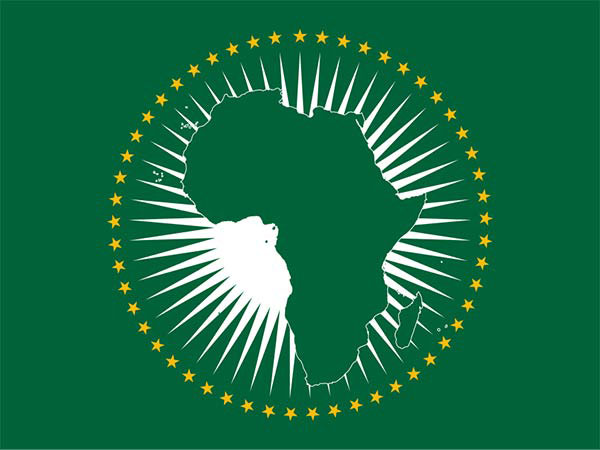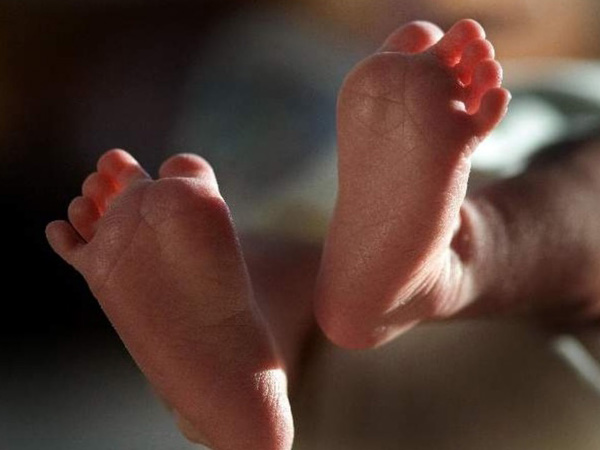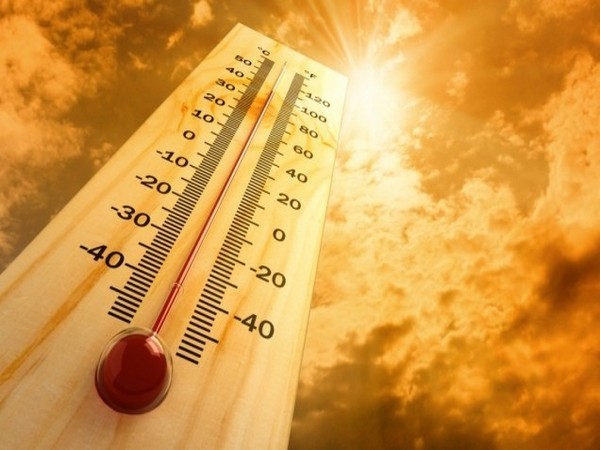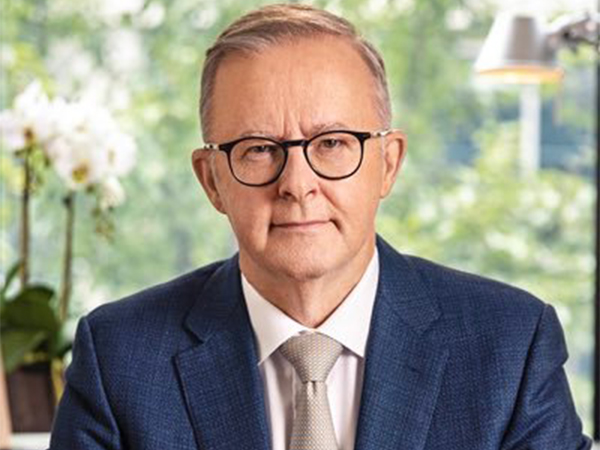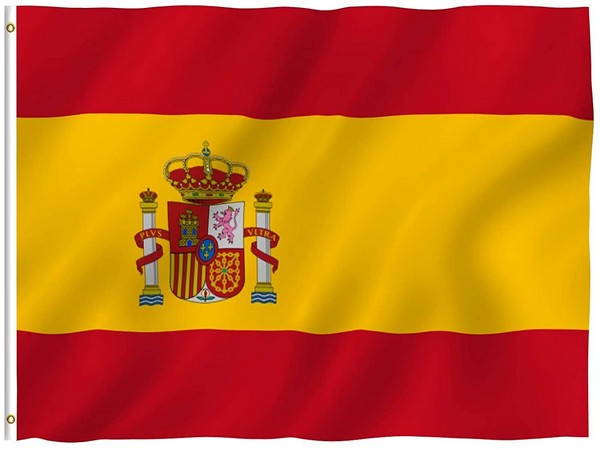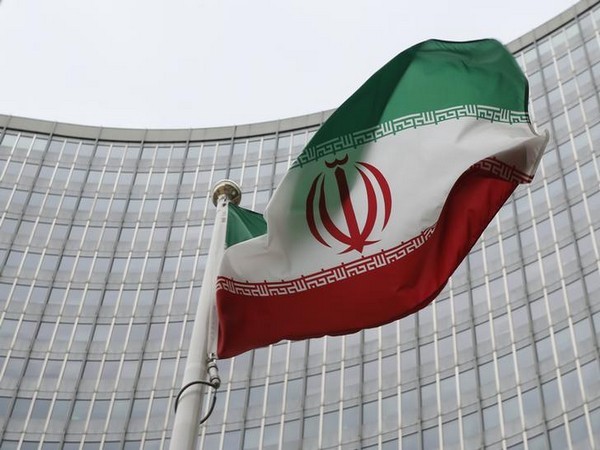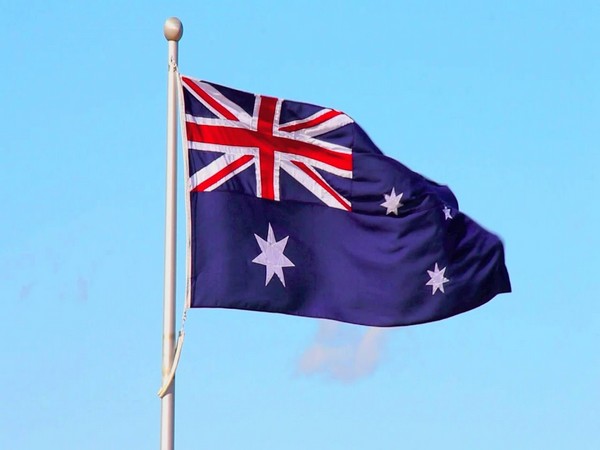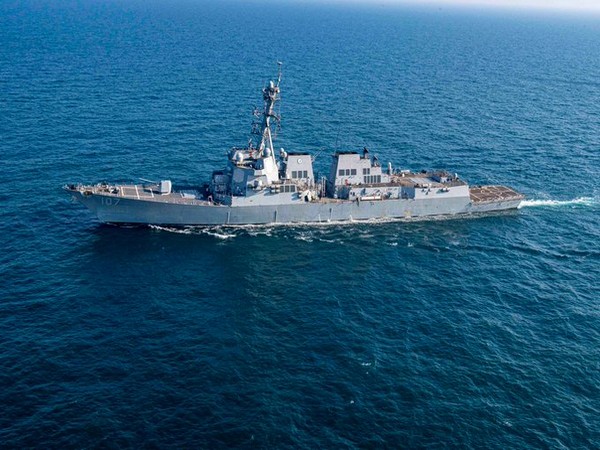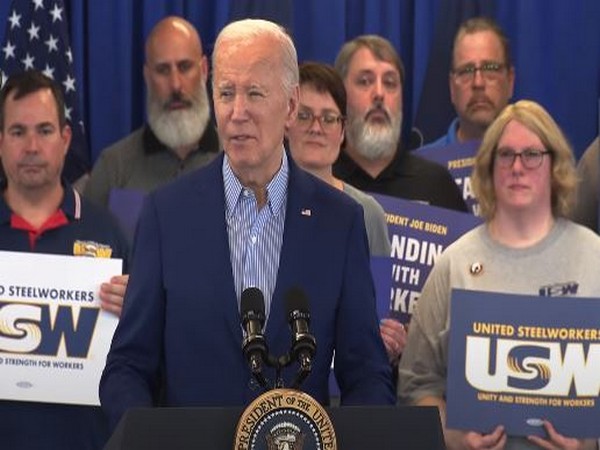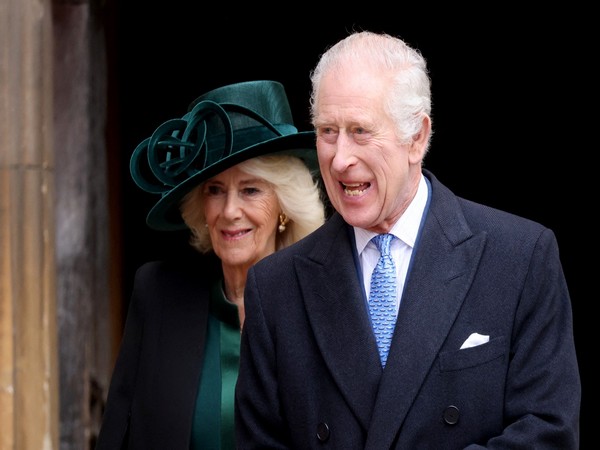Iran nuclear talks marked by 'honesty, cooperation', says IAEA chief Grossi
Mar 05, 2023
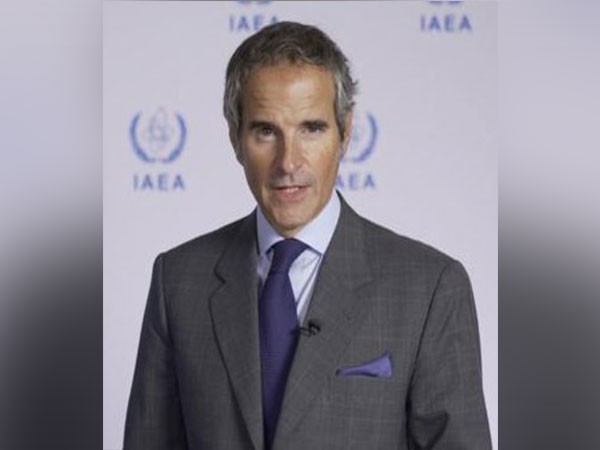
Tehran [Iran], March 5: A cooperative atmosphere is prevailing in the nuclear talks with Iran, according to International Atomic Energy Agency (IAEA) head Rafael Grossi, who is in Tehran after the discovery of highly enriched uranium in the Islamic Republic.
Grossi described the talks with government representatives as "an atmosphere of work, of honesty and cooperation." The dialogue continues, Grossi told a joint press conference with Iran's nuclear chief Mohammad Eslami in Tehran on Saturday.
Eslami said a plan had been worked out with the IAEA to resolve the outstanding issues. "We hope Grossi's visit will lead to professional cooperation in the future," Eslami said.
He also announced an international nuclear conference in Tehran. Eslami stressed that Iran does not enrich uranium above a purity level of 60%.
Grossi also met Iranian President EbrahimRaisi for the first time during his visit that began on Friday.
Earlier, Foreign Minister Hossein Amirabdollahian had received the IAEA chief.
Western diplomats had said that Grossi wants to negotiate for more intensive IAEA inspections of nuclear facilities, after Tehran recently increased its enrichment of uranium.
The United States and Israel recently expressed concerns that Iran could use the uranium to develop and build nuclear weapons.
Grossi reported on Tuesday that IAEA inspectors had found traces of uranium with a purity level of just under 84% at a facility in Fordo. A purity level of around 90% is required for nuclear weapons.
The IAEA wants to clarify whether the high enrichment level was achieved deliberately or whether it was an unintentional outlier, as Iranian representatives argue.
According to information from Tehran, in addition to the inspections, the negotiations are also about a dispute over the as yet unexplained origin of traces of radioactive material at three locations in Iran.
Iran's political leadership is demanding that the differences be settled.
In 2015, Iran pledged to limit its nuclear programme after the Joint Comprehensive Plan of Action, known as the JCPOA, was negotiated with former US president Barack Obama's administration.
In return, Western sanctions were lifted. The JCPOA was intended to prevent the authoritarian-ruled country from joining the circle of nuclear powers.Under Obama's successor, former US president Donald Trump, the United States withdrew from the agreement in 2018. Tehran responded by expanding uranium enrichment and restricting IAEA inspections.
Negotiations to revive the agreement are on hold. Iran maintains its nuclear programme is for civilianpurposes only.
Source: Qatar Tribune
